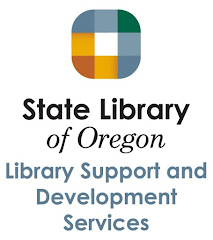Miller, Steven J. Metadata for Digital Collections.
New York: Neal-Schuman, 2011. 025.3 Mille
ISBN 978-1555707460
More and more libraries,
archives, and museums are creating online collections of digitized resources.
Where can those charged with organizing these new collections turn for guidance
on the actual practice of metadata design and creation? To Metadata for Digital
Collections: A How-To-Do-It Manual for Libraries, Archives, and Museums. This
practical, hands-on volume will make it easy for readers to acquire the
knowledge and skills they need, whether they use the book on the job or in a
classroom.. Author Steven Miller introduces readers to fundamental concepts and
practices in a style accessible to beginners and LIS students, as well as
experienced practitioners with little metadata training. He also takes account
of the widespread use of digital collection management systems such as
CONTENTdm. Rather than surveying a large number of metadata schemes, Miller
covers only three of the schemes most commonly used in general digital resource
description, namely, Dublin Core, MODS, and VRA. By limiting himself, Miller is
able to address the chosen schemes in greater depth. He is also able to include
numerous practical examples that clarify common application issues and
challenges. He provides practical guidance on applying each of the Dublin Core
elements, taking special care to clarify those most commonly misunderstood. The
book includes a step-by-step guide on how to design and document a metadata
scheme for local institutional needs and for specific digital collection
projects. The text also serves well as an introduction to broader metadata
topics, including XML encoding, mapping between different schemes, metadata
interoperability and record sharing, OAI harvesting, and the emerging
environment of Linked Data and the Semantic Web, explaining their relevance to
current practitioners and students. A companion Web site includes exercises for
each chapter, with suggestions for instructors, along with additional practical
and reference resources.

